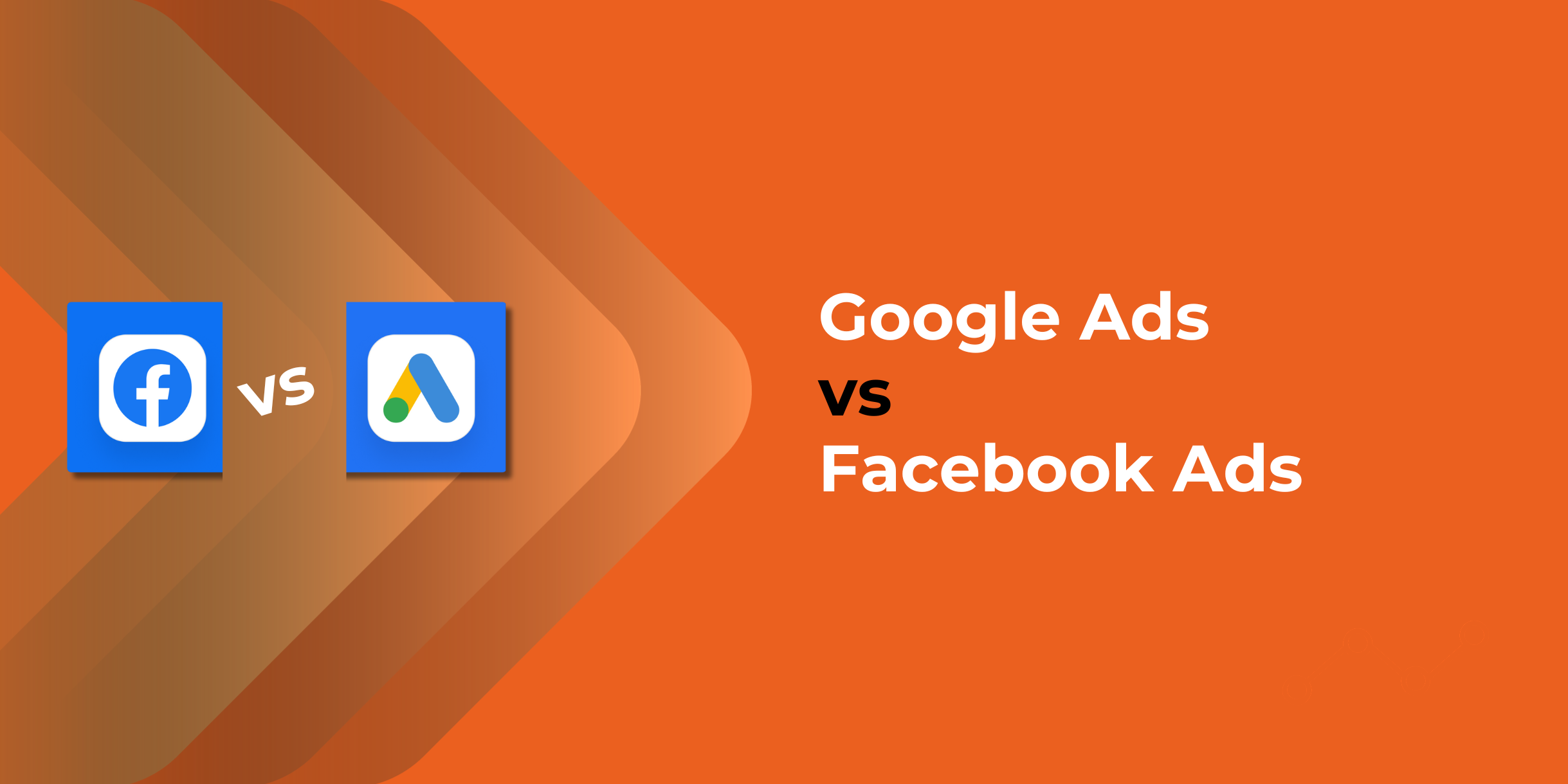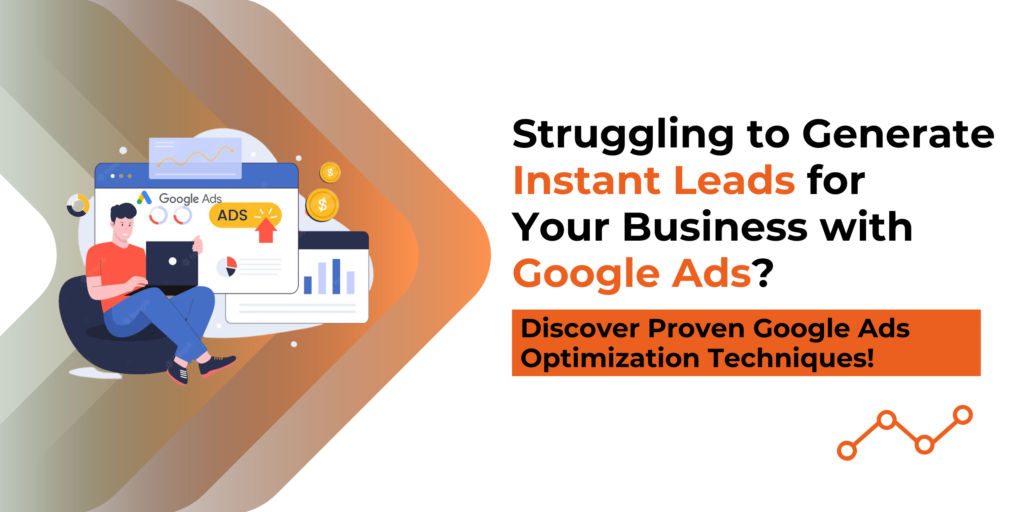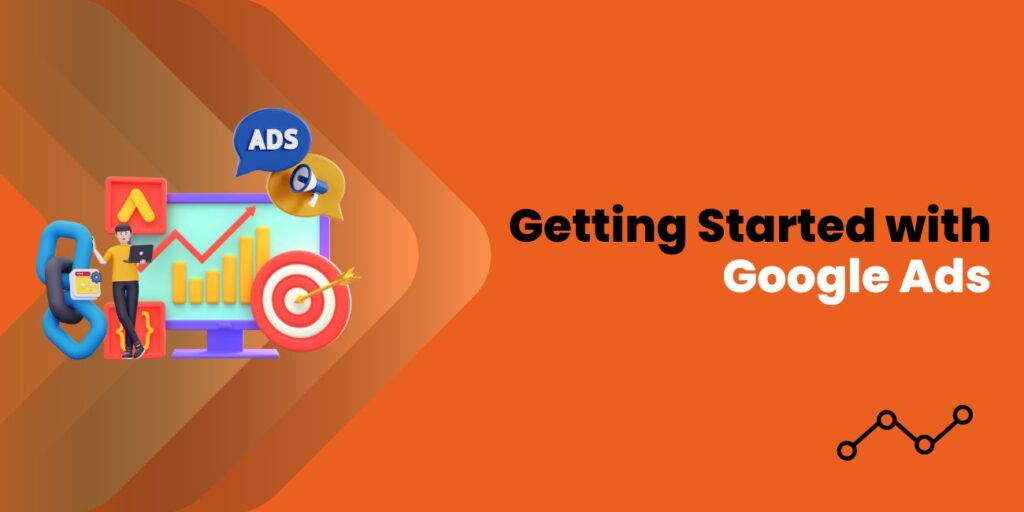In the world of digital advertising, two giants stand tall: Google Ads and Facebook Ads. Both platforms offer unique opportunities for small businesses to reach their target audience, but the question remains – which one is the perfect fit for your small business? We’ll explore the strengths and weaknesses of each platform to help you make an informed decision and optimize your digital advertising strategy.
Google Ads: The Power of Intent
Google Ads, formerly known as Google AdWords, is a platform that revolves around user intent. When someone searches for a specific keyword or phrase, they’re displaying a clear intent to find information, a product, or a service. Here’s why Google Ads might be the perfect fit for your small business:
- Highly Targeted Ads: Google allows you to target users based on keywords, location, device, and demographics. This precision can be invaluable for small businesses looking to reach potential customers actively searching for their products or services.
- Immediate Results: With Google Ads, you can see results almost instantly. If your ad campaign is well-optimized, you can expect clicks and conversions shortly after launch.
- Performance Metrics: Google Ads provides in-depth analytics, allowing you to track the performance of your campaigns in real-time. This data can help you make quick adjustments to improve ROI.
Facebook Ads: The Power of Social Engagement
Facebook Ads, on the other hand, tap into the power of social media and user engagement. Here’s why Facebook Ads might be the right choice for your small business:
- Vast User Base: With billions of active users, Facebook offers an extensive audience for your ads. It’s especially effective for businesses targeting a broad and diverse demographic.
- Advanced Targeting: Facebook’s targeting options are incredibly detailed. You can reach users based on their interests, behaviors, demographics, and even their interactions with your website or app.
- Brand Awareness: Facebook is an excellent platform for building brand awareness and engaging with your audience through creative visuals, videos, and interactive content.
Choosing the Perfect Fit:
- Consider Your Audience: Think about your target audience and where they spend their time online. Are they more likely to be searching for solutions on Google or engaging with content on Facebook?
- Campaign Goals: Define your campaign objectives. If you’re looking for immediate conversions and have a product with clear search intent, Google Ads may be the way to go. If your goal is brand awareness and engagement, Facebook Ads could be more suitable.
- Budget Allocation: Consider your budget constraints. Facebook Ads can offer more cost-effective options for reaching a wide audience, while Google Ads may require a more substantial investment for competitive keywords.
- A/B Testing: Don’t be afraid to experiment. Run small-scale campaigns on both platforms and analyze the results. This will provide valuable insights into which platform performs better for your business.
In the battle of Google Ads vs. Facebook Ads, there’s no one-size-fits-all answer. The perfect fit for your small business depends on your goals, audience, and budget. Often, a combination of both platforms can yield the best results. By understanding the strengths of each platform and aligning them with your specific business objectives, SME Digital can create a digital advertising strategy that maximizes your ROI and helps your small business thrive in the competitive digital landscape.



